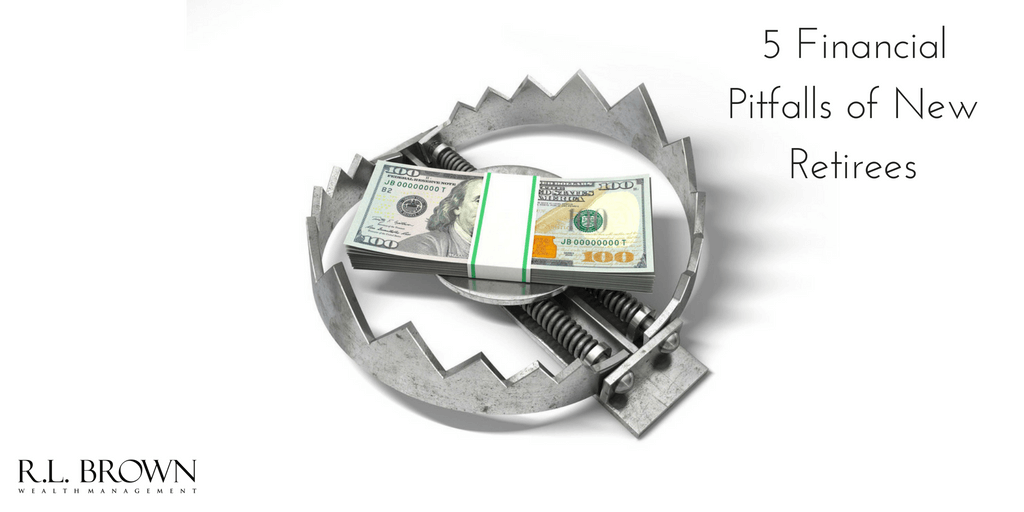Do you love frequenting the same vacation destination year after year? If you’re financially capable, you may have seriously considered purchasing a home in that area for convenience reasons. Perhaps you think it would be easier to keep some of your things there and always have guaranteed lodging in your favorite spot. Maybe you’ve even thought about moving to that location permanently someday after you retire. Would going ahead and buying a second home make that transition much smoother? Maybe.
Before making a commitment to a second mortgage and everything else that comes with it, let’s take a look at some of the facts and statistics.
According to a recent U.S. News and World Report article, an estimated 1.13 million vacation homes were sold in the U.S. last year, the highest number since the National Association of Realtors began collecting the data in 2003. And vacation home sales made up 21 percent of residential transactions in 2014.
So what are some of the questions you should ask yourself before taking that big step toward owning a second home?
- Decide whether or not you’ll rent your second home while you’re not there.
Some Baby Boomers and/or high net worth individuals choose to simply move from from one home to another, spending winters in a vacation home down south and the summers up North near family. If you want your second home to generate some income in your absence, however, renting might be a good option. Talk with realtors and other homeowners to figure out your options and whether the location you’re considering is ideal for renters. If you want to rent out your home without the responsibilities that come with being a landlord, you can likely hire an individual or local property management company to fulfill that role. Be sure to compare rates and garner a considerable amount of reviews before making any decisions, however.
- If you are depending on rental income, choose a property that will be rented at a frequency that will cover your expenses.
First, do some research and make sure the community in which you’re considering investing in real estate actually permits vacation rentals. Network with other vacation home owners in the area to see if it’s a worthy investment for your situation. If you decide it is, then ramp up the appeal of your rental, provide attractive furnishing and put a detailed plan in place for advertising and managing tenants.
- Will you visit enough to make it worth the cost?
Picture yourself five years down the road. Is the location you’re considering for your vacation home somewhere you’ll want to visit that far into the future? Make sure your home is situated somewhere that’s convenient to travel and a destination you truly love.
- Be aware of all the expenses involved.
As you already know, homeownership isn’t something to be taken lightly. The actual purchase price of your home is only the beginning. Utilities, property taxes, insurance, and home furnishings are some of the other costs to consider, as well as resort or condo fees, depending on the fee requirements in the type of community where your new home is located.
Also, if you’re renting your home, realize that some of that income will go directly toward cleaning fees, advertising and property management. If you’re a member of a resort rental program, there may be additional expenses involved.
- Have a plan for emergencies.
As I previously mentioned, it’s vital to hire a reliable property manager that can play the role of landlord when you’re not there. Fixing water leaks and taking care of other home repairs must be done in a timely manner–especially if you’re renting out your home to others. If you’re in a location that’s at risk in terms of floods, hurricanes, or earthquakes, make sure you have a special plan in place to protect your home.
- Can you afford it?
Even though it’s last on my list, assessing your financial situation should actually be your highest priority. Hopefully some of the above points will help you arrive at the answer of whether or not you should invest in a vacation home. Remember real estate is not a liquid investment, and you can’t count on being able to sell a home for a profit, or even break even, especially in your first few years of ownership. According to the U.S. News article I referred to earlier, during the recent national economic recession, homes lost more than half their value in Florida, Arizona and Nevada, among other places.
Bottom line: In the end, if owning a vacation home is part of your overall investment strategy, make sure it’s a good move. Estimate returns and weigh them against other uses of the same money. By taking time with your decision and weighing all your options, you’ll have much more of a peace of mind about your vacation home purchase.







